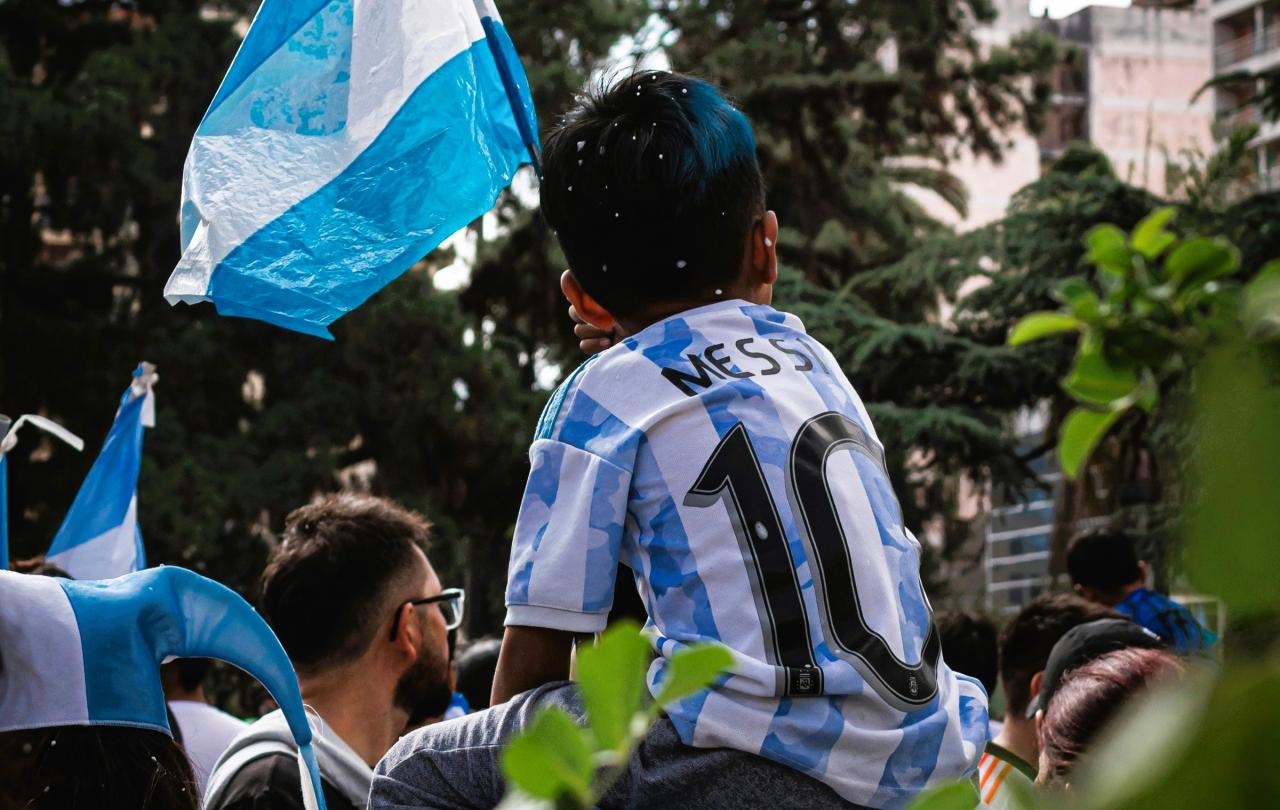
Premier League footballers not only have millions of pounds, but millions of accountants. Yes, that's right: I've had my morning coffee and the editor didn't miss that sentence. There are millions of armchair accountants. You know, the bean counters many of us effortlessly transform into when it's transfer season.
Pick your channel - everyone seems to be asking 'is Rasmus Højlund really worth that much?' Your heart mightn't bleed for him - as he is handsomely compensated - but at least spare a thought for him and the crushing weight of critics and their expectations of his performance.
Footballers aren't alone. Whether it's bankers' bonuses, the excesses of the offers to top AI engineers… OpenAI CEO Sam Altman claims that Meta have offered his employees bonuses of $100 million to recruit them. Other recent valuations of companies have raised $1 and $2 billion. The Economist says that AI valuations are 'verging on the unhinged’.
Armchair accountants actually look a lot like jurors. But who are we to judge? The figures might seem silly money, but the stakes are higher than fantasy football or Monopoly. In Build the Life You Want, Arthur Brooks and Oprah Winfrey call out the way we objectify people at work over performance or pay:
'It’s pretty easy to see why we shouldn’t objectify others. Less obvious but equally troubling is when the objectifier and the person being objectified are one and the same—when you objectify yourself.'
Building our value on cashflow, Instagram likes and the like crumbles our self-esteem and all the health and social issues that come with that. In the arena of our own workplace, they write that self-objectification 'is a tyranny. We become a terrible boss to ourselves, with little mercy or love.’
You only have to peer into the comments section any any online article (not just sport) to see how callous and unforgiving apparently polite, middle-class society has become. It's hard not to have the sneaking suspicion that our devaluing of others thinly veils the way we've devalued ourselves.
The way out of this is to detach our value from our pay and work. So, take Rasmus Højlund, transferred to Manchester United in 2023 for £64million. I would argue his worth is a lot more than £64 million. But that is because his performance, for this exercise, is irrelevant. This is not a new notion. For millennia, the Christian notion of grace is not only the entry-point of faith, but the operating system, with perfect performance already having been achieved by a saviour. The 'ultimate price', paid by God, is of such immeasurable worth and value that Rasmus, or any of us, are worth significantly more than £64million.
But then the problem arises that Christians can still struggle with feeling like an expensive disappointment, unable to live up to the spiritual 'transfer fee'. Is it really worth me accepting the biblical claims of the price paid by Jesus on the cross if I just pile on guilt? Well, if you feel like a star signing, you've probably missed the point. But equally, if you feel like a flop, there's the need to recognise that value and worth was never rooted in your performance in the first place. There's a very different set of rules. It's not a zero-sum game of competition where players and managers are ruthlessly eliminated. The Bible paints the picture of a God not so much ruthless as he is reckless.
When Jesus tells the parable of the prodigal son, squandering his father's wealth, only to be welcomed, restored and celebrated with open arms, the word 'prodigal' that's been attached to this parable even more appropriately describes the father: 'recklessly extravagant' and 'having spent everything'. Whatever our own estimations – or those of others – actually don't matter. £64million might feel like an absurd and unreal amount of money – but it isn't Monopoly money. Those figures have actually been transferred. And just because we can't see or feel the price that has been paid, doesn't make it any less real or consequential. Not only is your guilt traded away from you, but your rights to self-judge.
Support Seen & Unseen
Since Spring 2023, our readers have enjoyed over 1,500 articles. All for free.
This is made possible through the generosity of our amazing community of supporters.
If you enjoy Seen & Unseen, would you consider making a gift towards our work?
Do so by joining Behind The Seen. Alongside other benefits, you’ll receive an extra fortnightly email from me sharing my reading and reflections on the ideas that are shaping our times.
Graham Tomlin
Editor-in-Chief





